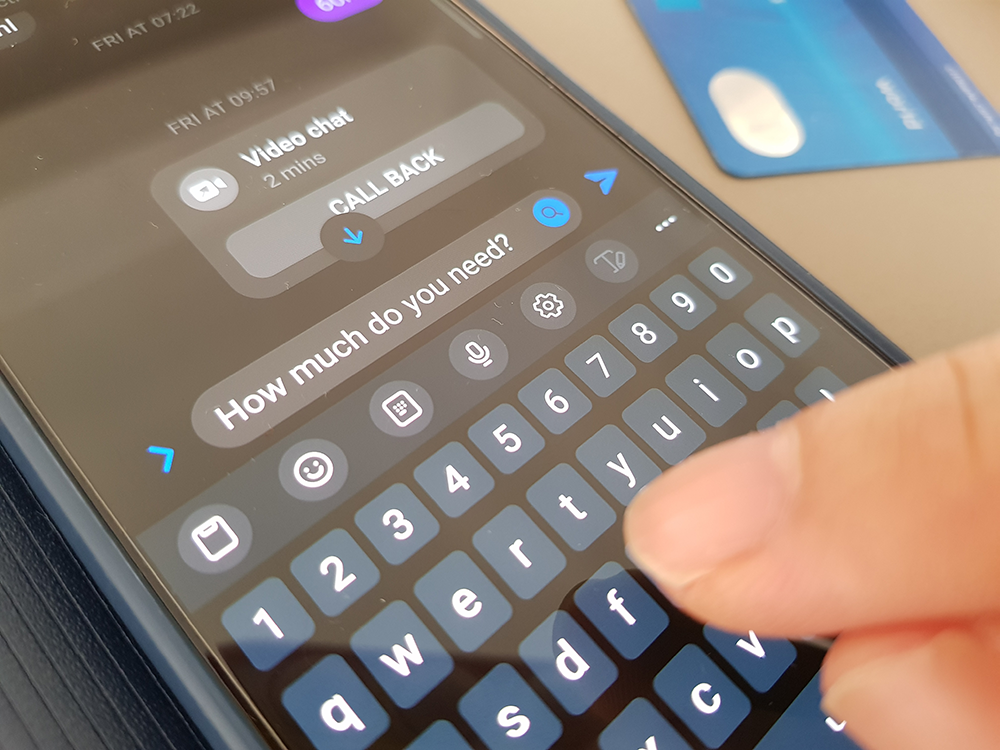Fake Promotions Gone Phishing

Scammers are targeting social media users with a wave of phishing attacks disguised as enticing offers and quizzes. The criminals mimic popular shopping portals and create fake promotions to lure unsuspecting victims into clicking on malicious links.
These spoofed links closely resemble the authentic websites of well-known shopping platforms, making it difficult for users to distinguish between the real and fake pages. Once users click on these links, they are redirected to phishing websites to take personal information and/or prompt them to install malware on your devices.
Scams like this are popular on days when social media experiences a lot of traffic, such as International Women's Day. These phishing links promise "surprise gifts" or exclusive deals, and they often come with messages pressuring or persuading you to act quickly. (For example, “Offer only valid for 500 seconds” or “exclusive to the first 5,000 quiz takers.”)
Here are a few tips to avoid falling victim to these phishing attacks:
- Verify the URL: Before clicking on any link, hover over it to check the URL. Be wary of URLs that look suspicious or unfamiliar. Look closely at the spelling of the site, it could be as simple as an extra letter being added (called typosquatting) that can trip us up.
- Don't be lured by offers: Be skeptical of offers that seem too good to be true, such as free products or large discounts. Verify the legitimacy of the offer by visiting the official website directly.
- Use strong, unique passwords: Ensure that you use strong, unique passwords for all your online accounts to prevent unauthorized access in case of a phishing attack.
- Stay informed: Keep yourself updated about the latest phishing tactics and scams to recognize them when they appear.
If something seems suspicious or too good to be true, it's best to err on the side of caution and not click on the offer unless you can verify it.





